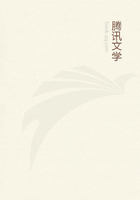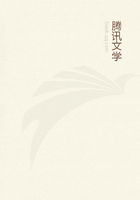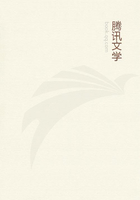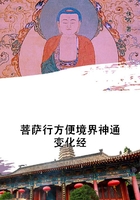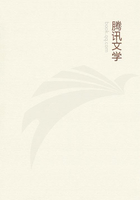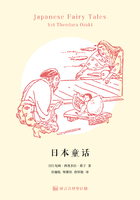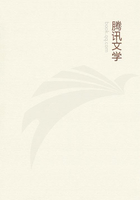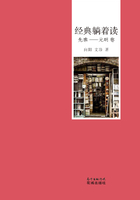Sir Roger Newdigate is fairly entitled, we think, to be ranked among the great critics of this school. He made a law that none of the poems written for the prize which he established at Oxford should exceed fifty lines. This law seems to us to have at least as much foundation in reason as any of those which we have mentioned; nay, much more, for the world, we believe, is pretty well agreed in thinking that the shorter a prize-poem is, the better.
We do not see why we should not make a few more rules of the same kind; why we should not enact that the number of scenes in every act shall be three or some multiple of three, that the number of lines in every scene shall be an exact square, that the dramatis personae shall never be more or fewer than sixteen, and that, in heroic rhymes, every thirty-sixth line shall have twelve syllables. If we were to lay down these canons, and to call Pope, Goldsmith, and Addison incorrect writers for not having complied with our whims, we should act precisely as those critics act who find incorrectness in the magnificent imagery and the varied music of Coleridge and Shelley.
The correctness which the last century prized so much resembles the correctness of those pictures of the garden of Eden which we see in old Bibles. We have an exact square enclosed by the rivers Pison, Gihon, Hiddekel, and Euphrates, each with a convenient bridge in the centre, rectangular beds of flowers, a long canal, neatly bricked and railed in, the tree of knowledge clipped like one of the limes behind the Tuilleries, standing in the centre of the grand alley, the snake twined round it, the man on the right hand, the woman on the left, and the beasts drawn up in an exact circle round them. In one sense the picture is correct enough.
That is to say, the squares are correct; the circles are correct; the man and the woman are in a most correct line with the tree; and the snake forms a most correct spiral.
But if there were a painter so gifted that he could place on the canvas that glorious paradise, seen by the interior eye of him whose outward sight had failed with long watching and labouring for liberty and truth, if there were a painter who could set before us the mazes of the sapphire brook, the lake with its fringe of myrtles, the flowery meadows, the grottoes overhung by vines, the forests shining with Hesperian fruit and with the plumage of gorgeous birds, the massy shade of that nuptial bower which showered down roses on the sleeping lovers, what should we think of a connoisseur, who should tell us that this painting, though finer than the absurd picture in the old Bible, was not so correct. Surely we should answer, it is both finer and more correct; and it is finer because it is more correct. It is not made up of correctly drawn diagrams; but it is a correct painting, a worthy representation of that which it is intended to represent.
It is not in the fine arts alone that this false correctness is prized by narrow-minded men, by men who cannot distinguish means from ends, or what is accidental from what is essential. M.
Jourdain admired correctness in fencing. "You had no business to hit me then. You must never thrust in quart till you have thrust in tierce." M. Tomes liked correctness in medical practice. "I stand up for Artemius. That he killed his patient is plain enough. But still he acted quite according to rule. A man dead is a man dead; and there is an end of the matter. But if rules are to be broken, there is no saying what consequences may follow."
We have heard of an old German officer, who was a great admirer of correctness in military operations. He used to revile Bonaparte for spoiling the science of war, which had been carried to such exquisite perfection by Marshal Daun. "In my youth we used to march and countermarch all the summer without gaining or losing a square league, and then we went into winter quarters.
And now comes an ignorant, hot-headed young man, who flies about from Boulogne to Ulm, and from Ulm to the middle of Moravia, and fights battles in December. The whole system of his tactics is monstrously incorrect." The world is of opinion in spite of critics like these, that the end of fencing is to hit, that the end of medicine is to cure, that the end of war is to conquer, and that those means are the most correct which best accomplish the ends.

